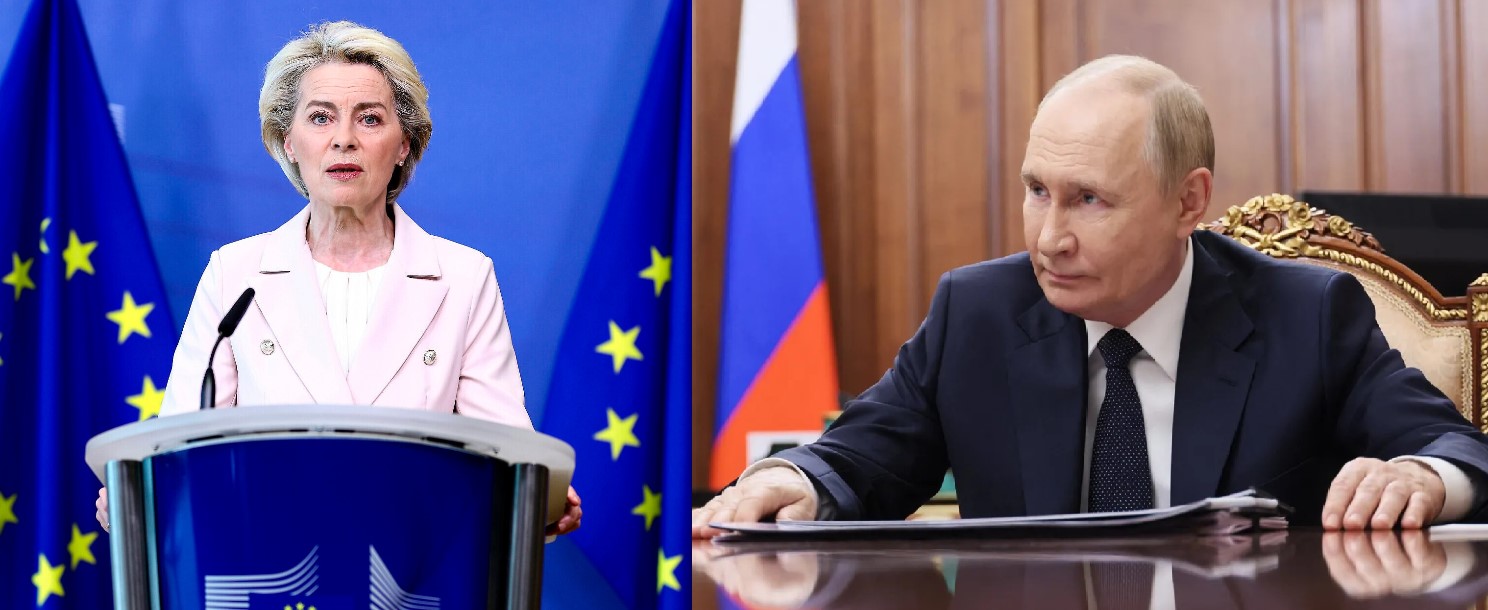Why Protests Are Growing in Pakistan-Occupied Kashmir, What They Demand

Pakistan-occupied Kashmir (PoK) is witnessing some of the biggest protests in years. In places like Muzaffarabad, Mirpur, and Kotli, thousands have gathered to express anger over rising prices, lack of jobs, poor infrastructure, and decades of neglect.
The demonstrations first focused on subsidized wheat, affordable electricity from the Mangla Dam, and restoration of allowances. But as frustrations boiled over, people began questioning why, after more than seventy years, Pakistan has given so little to PoK in terms of development, rights, or opportunities.
Clashes between protesters and security forces have turned tense. Police and paramilitary units responded with tear gas, baton charges, and even live firing, which led to the death of at least one protester and left many others injured. Local hospitals have confirmed cases of gunshot wounds and tear gas-related injuries. Protest leaders accuse the Pakistan Army of using force, arresting activists, and cutting communication lines to silence the movement.
Beyond the economic demands, a louder message is now emerging: many people in PoK are demanding freedom from Pakistan. Residents accuse Islamabad of exploiting local resources like water and electricity without giving anything back. Protesters in several towns have raised slogans of “azadi from Pakistan” and even called for a merger with India. Young groups in particular say they no longer believe Pakistan will ever deliver the rights or progress they were promised.
Analysts explain the unrest through three main factors: the severe economic crisis in Pakistan, the lack of real political power for locals, and the overbearing role of the military in daily life. Together, these factors have built up deep resentment. The open calls for joining India reflect just how far public trust in Pakistan has collapsed.
The path ahead is uncertain. If the government in Islamabad provides quick relief—like subsidies or the release of detainees—the protests may pause. But if it relies only on crackdowns, the unrest could grow stronger and spread to Gilgit-Baltistan or other regions.
The voices coming out of PoK today highlight two truths: people are suffering from years of neglect, and there is rising anger at Pakistan’s failure to deliver on basic needs and rights. The growing number of demands for merger with India and freedom from Pakistan underline how the people of PoK are searching for a future beyond what they have endured since independence.
✍️ This article is written by the team of The Defense News.






